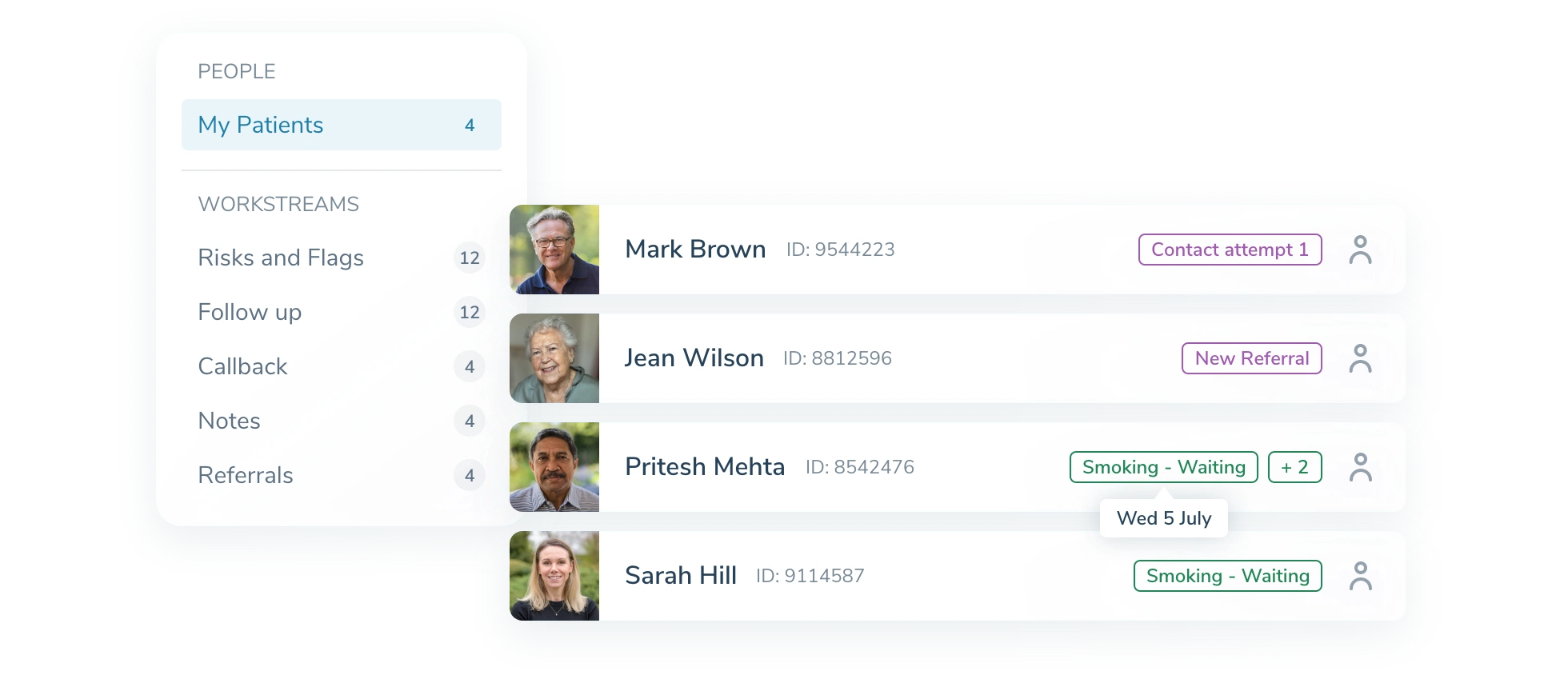Supporting multidisciplinary teams
A robust case management system provides a centralised platform where all relevant information about a patient or service user can be stored, accessed, and shared. This ensures that healthcare professionals have timely access to the most up-to-date information, enabling them to make informed decisions quickly. The ability to track care plans, monitor progress, and coordinate multidisciplinary team efforts is essential in delivering person-centered care. This approach not only enhances the quality of care but also fosters a sense of accountability among professionals, as everyone involved in a patient’s care is on the same page.
Moreover, a strong case management system plays a crucial role in data analysis and reporting. By collecting and analysing data, organisations can identify trends, measure performance, and implement evidence-based practices. This capacity for continuous improvement is vital in a sector that is constantly evolving. Furthermore, effective case management can help organizations comply with regulatory requirements, as it ensures that all necessary documentation and reporting are maintained systematically.

Enhancing patient experience
In addition to improving operational efficiency, a robust case management system enhances the patient experience. With better coordination of services, patients receive more timely interventions, tailored support, and a smoother transition between different levels of care. This is particularly important for vulnerable populations who may require multiple services and support systems. By prioritising case management, organisations can ensure that every individual receives the holistic care they need, ultimately leading to improved health outcomes.
In conclusion, as the health and social care sectors in the UK continue to navigate complex challenges, the implementation of a fully interoperable, robust case management system is essential. It not only supports healthcare professionals in delivering high-quality care but also empowers patients, ensuring that their needs are met effectively and compassionately. Take a look at the PDH Platform caseload management solution today


